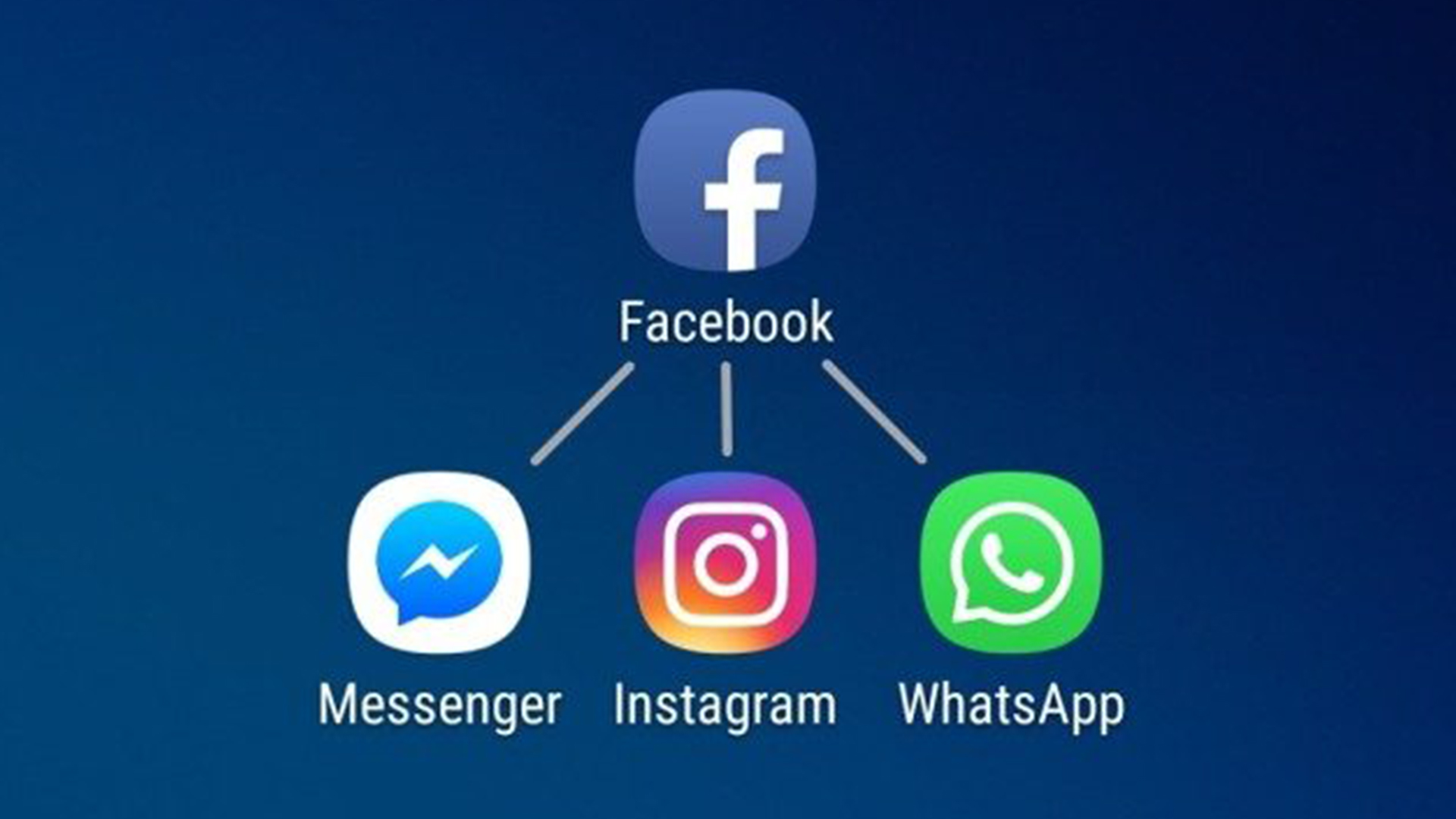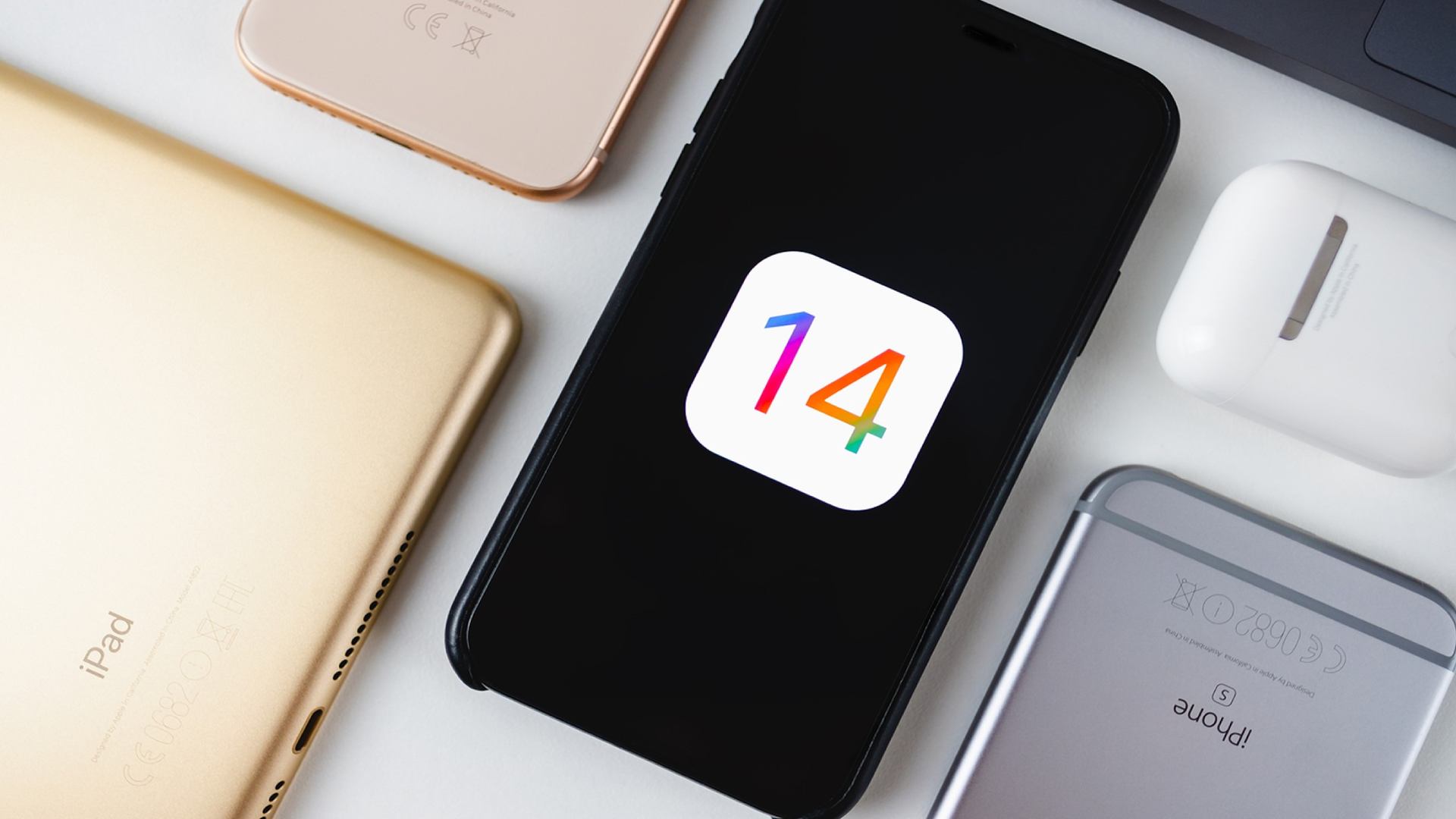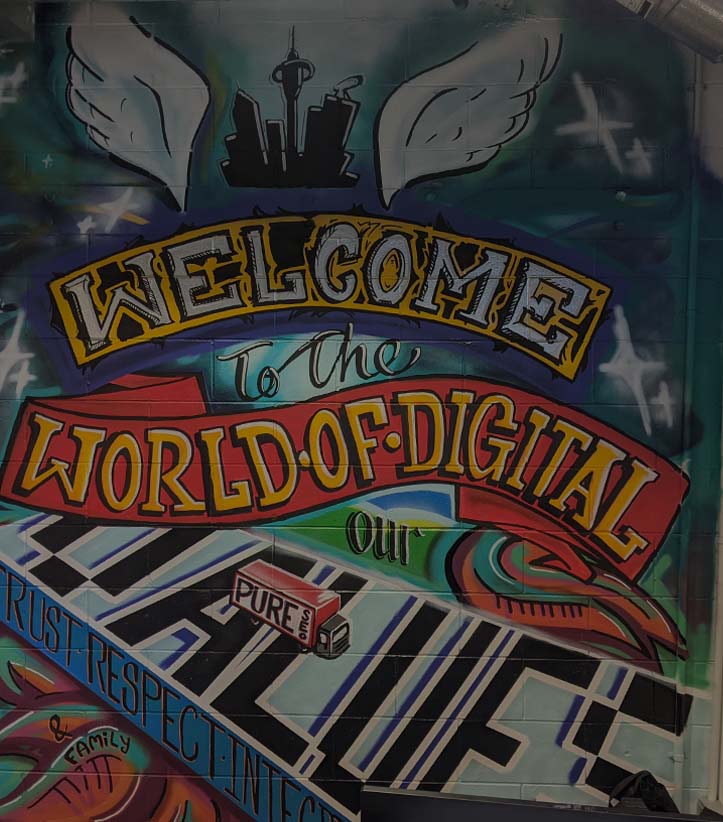
SEO & Social Media: How Do They Affect Each Other?
It’s been a formative decade for social media. Ten years ago, social media was in its infancy. Facebook had only 140 million users, LinkedIn 30 million. Since then, these numbers have increased tenfold. In 2020, it is estimated that 3.8 million people are using social media in some form, which is more than half the world’s population. Since this increase in usage, the role of social media in our lives has significantly changed. It has become a central part of our day-to-day activity, as users reach for their phone first thing in the morning and throughout the day on average once every 10 minutes.
So the question must be asked—how does social media marketing influence SEO in 2020?
Decoding Google’s SEO Ranking Algorithm
It is now widely accepted that social media does not directly contribute to SEO ranking. However, social media has proven itself as a powerful platform and should still play a crucial role in your overall SEO strategy. Let’s examine social media’s key advantages:
- Increases brand exposure
- Improves online visibility and drives organic traffic
- Expands your content reach
- Lengthens the lifespan of your posts
Let’s not forget that social media platforms also have search engine functions! And while social media does not currently directly impact ranking, that doesn’t mean it could never happen. Social media has become a driving force in the online world and is only on an upward trajectory.
The role of social media in SEO marketing
As we briefly mentioned, there are several different factors which make social media relevant to SEO marketing. Below, we will examine three key practices of social media that can be used to drive attention towards the SEO activities that we already know work.
Link earning
Utilise the reach of social media to get your content cited by others. It’s been true of SEO for a long time—if other websites have a link that leads back to your content, this impacts strongly on how credible Google views your content, and as a result, how highly it ranks. For example, one article on LinkedIn may be read by several hundred people. If several of those readers then go on to write their own posts or articles and refer to your article, you’ve just earnt credible links to your content. These links add authority and value to your brand, improving your position in search engines dramatically.
Co-citation and co-occurrence
Get into the right circles. Another example of Google’s key metrics is the relevance of websites that are sharing your content. Most likely, if you’re earning links through social media to your content, these are likely to be from highly relevant sources (given that they’ve chosen to engage with you on social media channels). This has the added benefit of boosting co-citation and co-occurrence metrics, keeping you in line with your target audience.
Brand authority
In an age of ‘truthiness’ and fake news, it’s paramount that consumers are able to trust your brand. Having a comprehensive social media strategy can achieve exactly this, positioning your brand as the thought leader in your industry, and naturally building trust. Consistently creating content to curate this image will lead consumers to gravitate towards your product. With this evidence taken into consideration, it’s clear that a combination of consistent interactions made through social media in conjunction with authoritative SEO drives traffic and ultimately reinforces brand reputation.
Want to learn more?
If you’re looking for help with optimising your social media channels, such as how to boost website traffic on your Instagram page, explore and subscribe to our blog or get in touch with our team today!

















